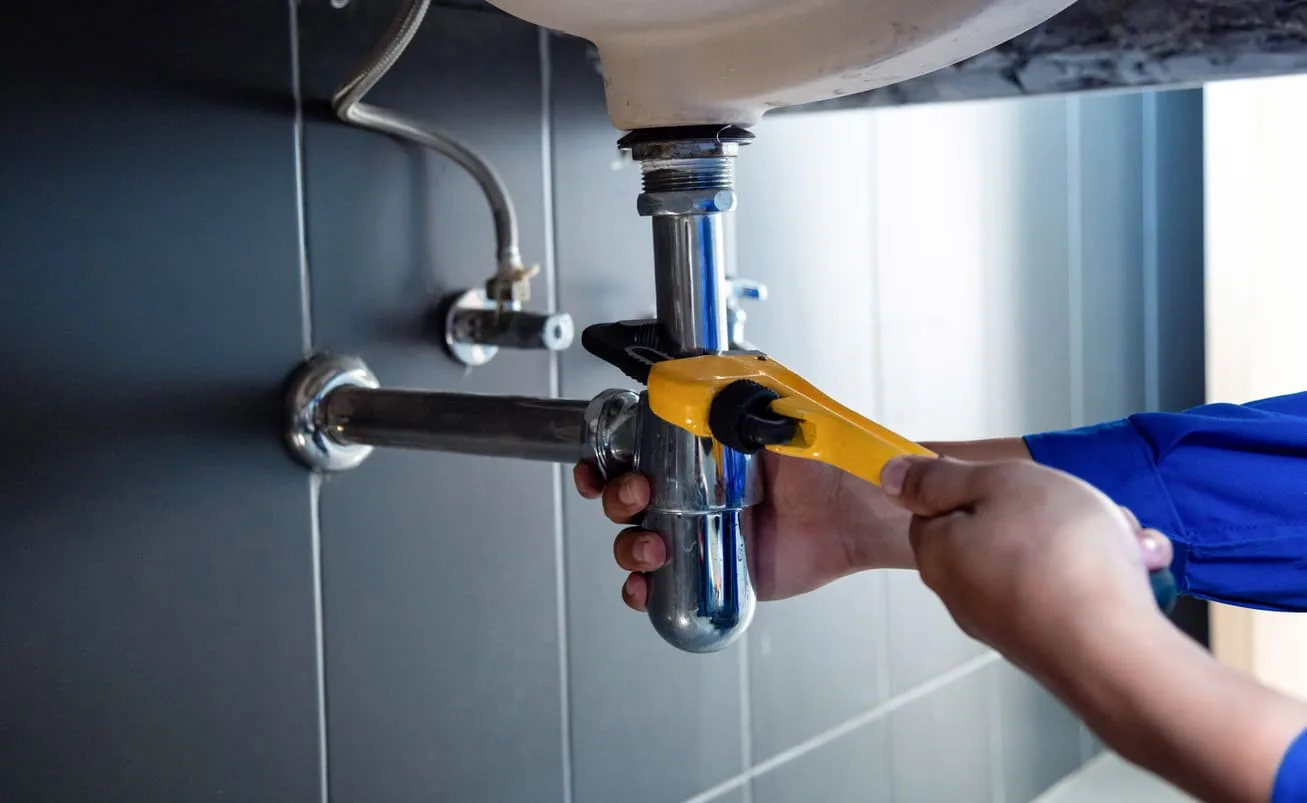Building a new home is an exciting journey filled with numerous decisions. One of the critical aspects to consider is the plumbing system, especially if you are looking to integrate a greywater system. This decision not only impacts your home’s efficiency but also plays a significant role in promoting sustainability.
Integrating a greywater system in a new home involves understanding its benefits, the installation process, and maintenance requirements. As homeowners and real estate developers become more environmentally conscious, the demand for such systems has increased. Our aim here is to provide a comprehensive guide to help you make informed decisions regarding greywater system plumbing for your new home.

Understanding Greywater Systems
What is Greywater?
Greywater is the relatively clean waste water from baths, sinks, washing machines, and other kitchen appliances. Unlike blackwater, which contains high levels of contaminants, greywater can be reused for various purposes, making it an eco-friendly option.
Benefits of Using Greywater
Adopting a greywater system in your home offers several advantages. It reduces the demand on your main water supply, lowers water bills, and decreases the amount of wastewater entering sewer systems. This not only benefits the environment but also provides a long-term financial return.
Planning Your Greywater System
Design Considerations
When planning for a greywater system, it’s essential to consider the layout of your plumbing. The system should be designed to efficiently capture and redirect greywater without interfering with your home’s main water supply. Consulting with professionals during the design phase is crucial.
Choosing the Right System
There are various types of greywater systems available, ranging from simple diverter valves to complex treatment setups. Selecting the right system depends on your home’s specific needs, local regulations, and budget.
Learn more about planning for plumbing in new homes.
Installation Process
Hiring Professionals
While some homeowners may be tempted to install the system themselves, hiring professionals ensures that the system complies with local codes and functions efficiently. Professional installers can provide valuable insights into system optimization and maintenance.
Integration with Existing Plumbing
Integrating a greywater system requires modifications to your existing plumbing. This involves installing diverter valves, filters, and storage tanks. It’s crucial to ensure that these components are compatible with your current plumbing infrastructure.
Check out water supply line tips for new homes.
Maintenance and Care
Regular Inspections
Once installed, regular maintenance is key to ensuring your greywater system operates efficiently. This includes checking for leaks, cleaning filters, and ensuring that diverter valves are functioning correctly.
Troubleshooting Common Issues
Common issues with greywater systems include clogging, odors, and backflow. Understanding how to troubleshoot these problems can save you time and money in the long run.
Environmental Impact
Reducing Water Waste
By reusing greywater, homeowners can significantly reduce water waste. This contributes to water conservation efforts and helps mitigate the impact of water shortages.
Supporting Sustainable Living
A greywater system supports sustainable living by promoting the efficient use of resources. It aligns with the growing movement towards eco-friendly living and sustainable homebuilding practices.
Explore more about basic plumbing systems.
Conclusion
Installing a greywater system in your new home is a forward-thinking decision that supports environmental sustainability and offers economic advantages. By understanding the intricacies involved in planning, installation, and maintenance, homeowners and developers can make informed choices that benefit both their wallets and the planet.

FAQs
What is the cost of installing a greywater system?
The cost of installing a greywater system varies based on the complexity of the system and installation requirements. It’s advisable to get quotes from multiple professionals to understand the investment involved.
Can greywater be used for all types of irrigation?
While greywater is suitable for irrigation, it is not recommended for edible plants unless treated. Always consult with experts to ensure safe usage.
Is a permit required for greywater systems?
Permit requirements vary by location. Homeowners should check local regulations to ensure compliance when planning to install a greywater system.
This article contains affiliate links. We may earn a commission at no extra cost to you.



